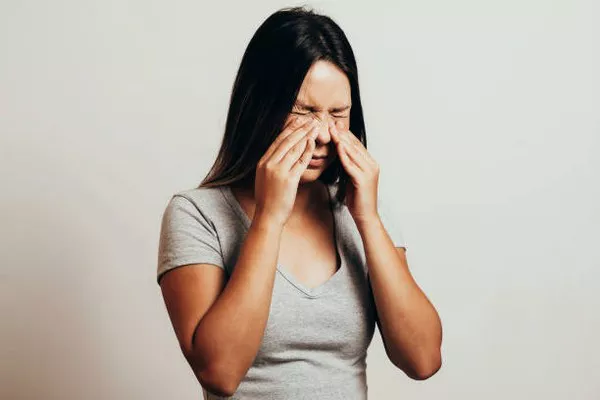A recent study published in the British Medical Journal reveals that laughter exercise can effectively reduce symptoms of dry eye disease (DED) in children, matching the efficacy of artificial tears containing 0.1% sodium hyaluronate. Conducted as a randomized controlled trial, the research involved 299 participants aged 18 to 45 with symptomatic DED.
DED affects approximately 360 million people worldwide, significantly impacting quality of life. The condition has been linked to mental health issues, which laughter therapy is known to alleviate. Participants in the study were divided into two groups: one engaging in laughter exercises and the other using eye drops, both administered four times daily for eight weeks.
Results indicated that both groups experienced significant reductions in dry eye symptoms, with laughter exercise showing a mean change in the ocular surface disease index (OSDI) score of −10.5 compared to −8.83 for the control group. Notably, the laughter group demonstrated a greater improvement at 12 weeks, alongside enhanced tear film stability and mental health benefits.
The study underscores laughter therapy’s potential as a safe, cost-effective, and environmentally friendly first-line treatment for symptomatic DED, advocating for further research into its application for other ocular conditions.

